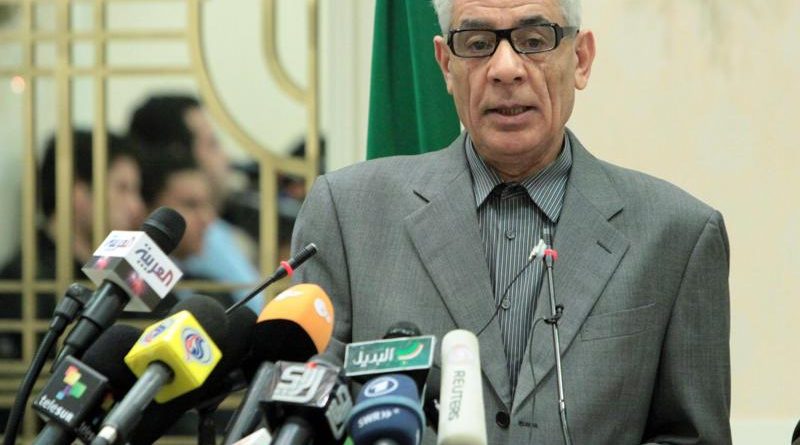UN Brokers Ceasefire Between Rival Forces in Libya
Joshua Powanda
Staff Writer
According to BBC News, the rival authorities in Libya’s ongoing civil war have announced an immediate ceasefire resulting from an agreement brokered by the United Nations (UN). The deal officially halts the violence that has engulfed the North African country since the NATO-led toppling of its dictator, Muammar al-Qaddafi, in 2011.
The New York Times reports that the UN-recognized Government of National Accord (GNA) and General Khalifa Haftar’s Libyan National Army (LNA) signed an agreement that outlines a plan for future peace at the UN in Geneva. The deal, which would set the stage for later political talks in November, also calls for the removal of all foreign interference in Libya, as well as the opening of air and land transit from the east and west.
Despite being hailed as an incredible development of peace by many dignitaries, the deal comes amid a great deal of skepticism and ambiguity. Al Jazeera reports that previous deals between the GNA and Haftar have failed due to a surprise LNA campaign for Libya’s capital, Tripoli, leaving many wondering if this deal will have any tangible impact on the fighting.
Additionally, there are many separate military units and armed groups not under the control of the GNA or LNA that may impede the ceasefire. Given the nature of the various militias and factions operating inside Libya, the effectiveness of the deal’s implementation is still in question, according to The Associated Press.
Additionally, the question remains as to whether foreign countries will forfeit their involvement in Libya as the agreement calls for. The Financial Times explains that each side receives substantial financial and military support for other nations, consisting of weapons, defense systems, air support, and mercenaries.
General Haftar and the LNA have the military, diplomatic, and financial backing of the United Arab Emirates, Russia, France, Saudi Arabia, and Egypt, while the GNA receives such support from Turkey, Qatar, and Italy. Such involvement in the internal affairs of Libya further complicates the already complex civil war. According to The Financial Times, foreign interference provides a security guarantee for the GNA and LNA, which makes it difficult for both sides to forfeit their lifeline.
While some nations such as Egypt and Italy are involved in the conflict for reasons of national security, oil seems to be a driving factor for others. For Turkey and Russia, Libyan oil fields and drilling rights seem to account for their vast military and financial involvement. Much of the fighting centers around Sirte, a strategic location in the middle of Libya’s Mediterranean coastline that Reuters highlights as a gateway to Libya’s major oil production sites.
Despite the many barriers to peace Libya must overcome, the international community has seen signs of progress in the months leading up to the signing of the ceasefire in Geneva. Not only have the two sides begun exchanging prisoners captured during battle, but they have also started to open land and air transit across the country’s divided territory. AP News reports that a passenger plane recently flew from Tripoli to Benghazi for the first time in months, possibly leading to regular flights between the east and west.
Progress has further developed in the oil sector, one of the most contested dimensions of the relationship. General Haftar recently lifted a blockade of Libya’s oil facilities that was previously used to leverage the west by cutting off oil supplies and revenue. If this holds, it will be a major step forward in the push for peace.
While the future of Libya is unclear, the ceasefire and the litany of recent positive developments highlight the ability of the GNA and the LNA to put a stop to the violence. The world must wait to see if countries will abide by the terms of the ceasefire agreement and if true peace can be achieved in Libya.



